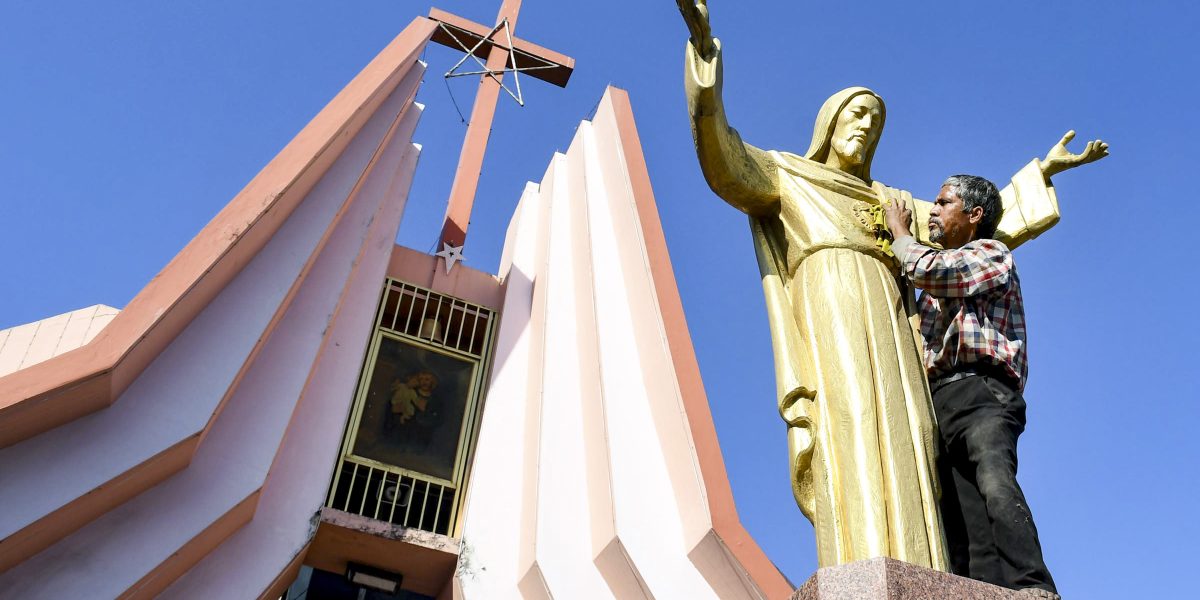Rohan Venkatramakrishnan

It is difficult to see the First Information Reports filed against Mohammed Zubair, co-founder of fact-checking site AltNews, as anything but the targeting of a journalist whose work involves the relentless and often thankless job of debunking the reams of fake news and inflammatory propaganda that fills up our social media feeds and WhatsApp chats in India.
Zubair has been booked in two police cases, one in Delhi and another in Raipur, under provisions of the Protection of Children from Sexual Offences Act and the Information Technology Act for allegedly harassing and torturing a minor girl online. The cases came after the National Commission for Protection of Child Rights, upon receiving a complaint, wrote to the police to initiate action against Zubair.
The charge? A Twitter user, Jagdish Singh using the handle @JSINGH2252, had responded to one of Zubair’s posts with an abusive message. Zubair replied by pointing out that Singh’s display picture on Twitter featured a little girl, saying, “Does your cute grand daughter know about your part time job of abusing people on social media? I suggest you to change your profile pic.” In his post, Zubair blurred the image of the minor.
Zubair has called the cases “frivolous” and said he will respond to them legally. AltNews, meanwhile, put out a statement saying “an attempt is being made to hound co-founder of Alt News, Mohammed Zubair, through misuse of legal apparatus.”
The facts of the matter are plain for all to see.
The National Commission for Protection of Child Rights, a statutory body that is supposed to hold all institutions including the government to account, has made it to the news over the last few months for asking authorities to identify children at the Shaheen Bagh protests against the Citizenship Amendment Act and planned National Register of Citizens because they are likely to be suffering from “mental trauma” even as it turned a blind eye to police brutalities, interrogation and detention of minors in the crackdown on protesters elsewhere.
Its sudden concern for the way a display picture has been used online might have been welcome if the body had been consistent in its efforts to address the many concerns that emerge from the vile abuse, profanity and threats that proliferate on the internet.
Indeed, if Zubair can be accused under those sections of the law pertaining to harassing and torturing a minor girl online, the very same charge can be laid at the feet of “Jagdish Singh”, who chose to post profane Twitter messages with an un-blurred photograph of the minor. Wouldn’t that be a cause for “mental trauma” to the child, as the commission sees it?
As headlines over the last few weeks have made clear, the authorities in India are simply unwilling to take on abusive users on social media if they favour the ruling Bharatiya Janata Party. Instead, the lens is turned on those who highlight these abuses – in this case leading to evidently untenable charges against a journalist who frequently calls out the BJP’s IT cell.
Though the courts have hardly been a check on these blatant pro-government efforts, it is incumbent upon the magistrates and judges that oversee matters like this to apply their mind and ensure that journalists like Zubair are not hounded by authorities for simply doing their jobs.





